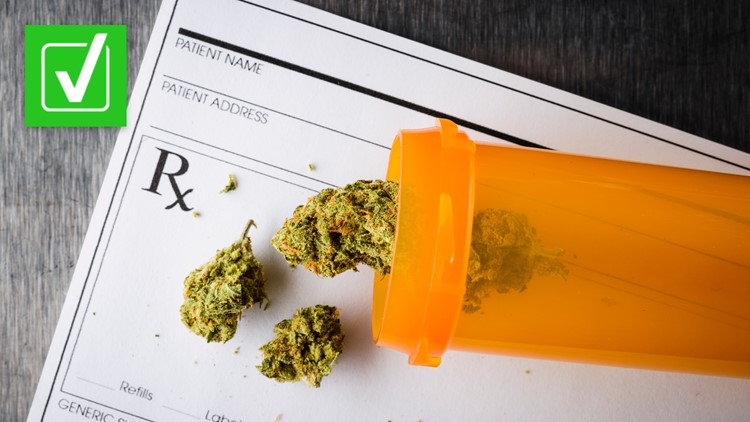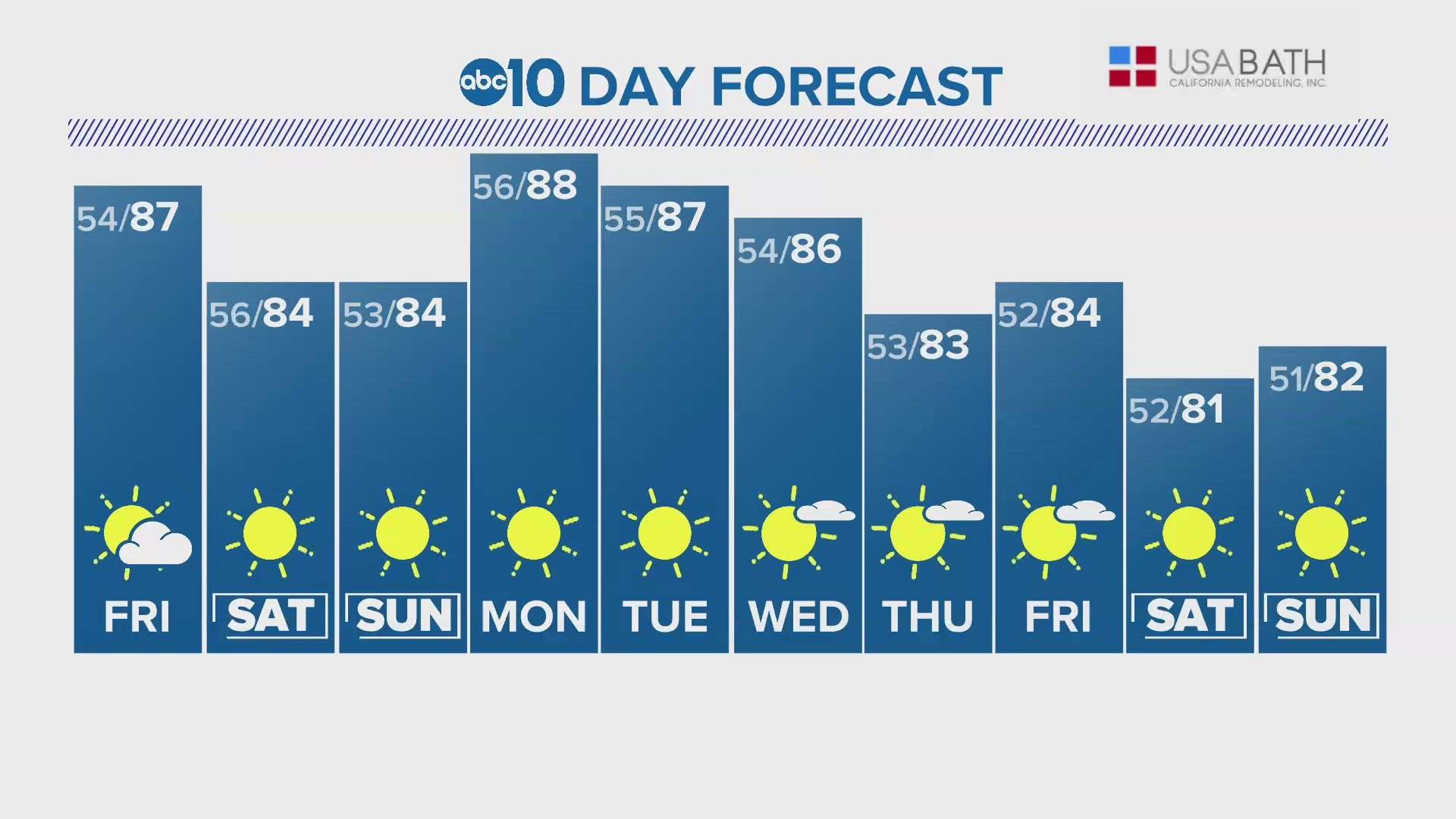The U.S. Drug Enforcement Administration (DEA) is reportedly moving to reclassify marijuana as a less dangerous drug.
The DEA proposal would change marijuana from its current classification as a Schedule I drug to a Schedule III drug following a recommendation from the federal Department of Health and Human Services (HHS), the Associated Press reported.
The initial HHS recommendation in August 2023 prompted claims that the scheduling change could make marijuana federally legal with a prescription.
THE QUESTION
Could marijuana be federally legal with a prescription as a Schedule III drug?
THE SOURCES
- U.S. Drug Enforcement Administration (DEA)
- Congressional Research Service (CRS)
- Texas State Board of Pharmacy
- Alex Kreit, an assistant professor and expert in drug law at Northern Kentucky University’s Salmon P. Chase College of Law
- McGlinchey Stafford, a law firm
THE ANSWER
Yes, marijuana could be federally legal with a prescription as a Schedule III drug.
WHAT WE FOUND
Reclassifying marijuana as a Schedule III drug would acknowledge that it has legitimate medical uses, opening the door for it to become a federally recognized prescription drug. But marijuana would still need approval from the U.S. Food and Drug Administration (FDA) before that happens, experts say.
The federal Controlled Substances Act (CSA) classifies drugs, substances and certain chemicals used to make drugs into five distinct categories called schedules. Those five categories are based on the drug’s acceptable medical use, and potential for abuse or dependency, the Drug Enforcement Administration (DEA) says.
Marijuana is currently categorized as a Schedule I drug, which is the highest and most dangerous classification in federal law, alongside heroin, LSD and ecstasy. That means it has “no currently accepted medical use and a high potential for abuse,” according to the DEA.
Though many U.S. states have legalized marijuana for medicinal and recreational uses, its Schedule I classification means it is still federally illegal for all uses. For example, people can’t bring marijuana on a plane because federal law applies at airports.
Marijuana would have to be removed entirely from the five-category classification to be legalized for recreational use at the federal level, the Congressional Research Service (CRS) explains.
Reclassifying marijuana into Schedule III means it would be considered a drug with a “moderate to low potential for physical and psychological dependence,” according to the DEA.
Unlike Schedule I drugs, Schedule III drugs also have accepted medical uses and can legally be prescribed by a doctor, the Texas State Board of Pharmacy and CRS say. Tylenol with codeine, ketamine, anabolic steroids and testosterone are currently classified as Schedule III drugs.
However, rescheduling on its own does not mean marijuana will automatically be available with a prescription.
Marijuana would also need approval from the FDA to become a federally recognized prescription drug, Alex Kreit, an assistant professor and expert in drug law at Northern Kentucky University’s Salmon P. Chase College of Law, told VERIFY.
The FDA has approved some drugs derived from or related to cannabis, but marijuana itself is not an FDA-approved drug. If marijuana products did receive FDA approval, manufacturers and distributors would also have to register with the DEA and comply with regulatory requirements for Schedule III drugs, the CRS says.
There are other limits for Schedule III drug prescriptions, too. For example, the prescription may not be filled more than six months after the date it was issued or more than five times total, unless it’s renewed by a medical practitioner, according to the McGlinchey Stafford law firm.
The reclassification of marijuana as a Schedule III drug would also impact areas such as business and research. It would lead to a reduced federal tax burden on marijuana businesses and would make it easier for researchers to study the drug, the law firm says.
If marijuana is reclassified, states could still enact their own restrictions or bans on the drug. The exception would be if Congress chose to preempt state laws on marijuana, which would prevent states from imposing their own bans, Kreit said.



